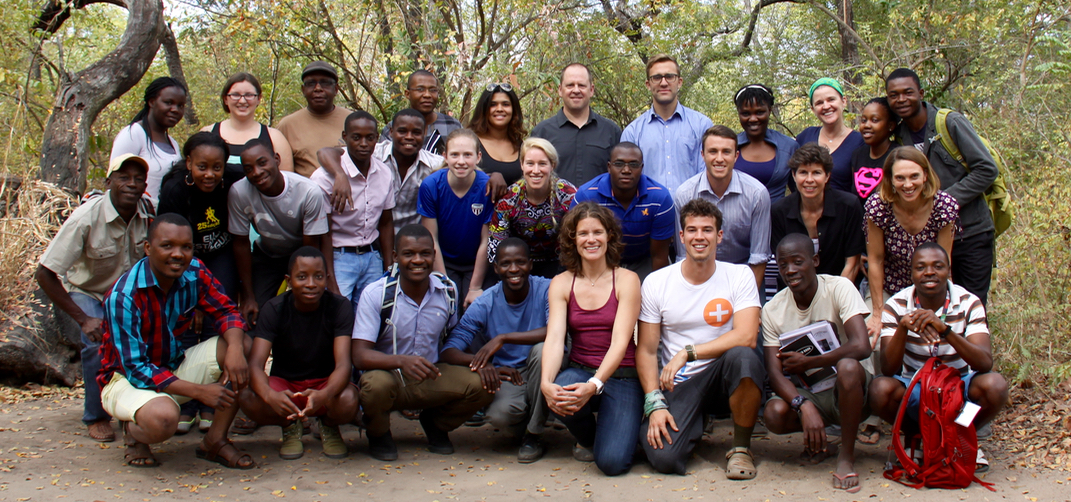On July 22nd the 2015 Lost Mountain Symposium concluded. What all happened? Here is a wrap up Blog from Next Gen Jacquie Day Bemis:
What an amazing experience! Today was our final day of this transformative conservation symposium on The Lost Mountain Project, sponsored and led by Majka Burhardt’s Additive Adventure. 22 bright and beautiful young minds from all over Africa and the US have come together with a core of brilliant and dedicated conservation experts/trainers to learn and to contribute to this exciting effort. We participants are a diverse group of ecologists, biologists, educators, graduate students, undergrads, high school students and community leaders, all with the mindset of saving threatened habitat and biodiversity anywhere in the world. 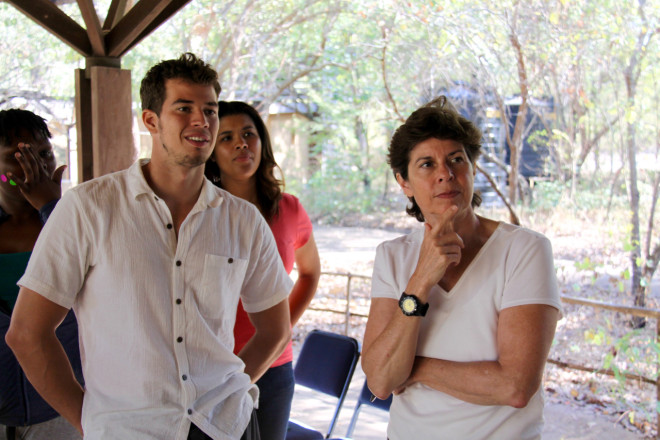
Our location at the Gorongosa National Park Community Education Center has proven to be perfect, with comfortable and modern eco-friendly cabins and indoor/outdoor classrooms, delicious meals and gorgeous weather. A mix of trips into the bush, visits with local communities, music and much laughter have kept spirits high throughout the intense workshops and discussions.
We’ve studied the Open Standards conservation model of Gorongosa National Park to learn what can be most effectively applied to Mt Namuli. Along the way, we’ve learned the importance of forming partnerships with local communities, analyzing and selecting targets, planning interventions, proficiently monitoring our projects, and always returning to the question “is the plan actually reducing threats and improving or saving our conservation targets.” It’s clear that every participant of this symposium is leaving with a better understanding of the complexities and challenges ahead of them, as well as the sense of reward that comes with success, big or small. 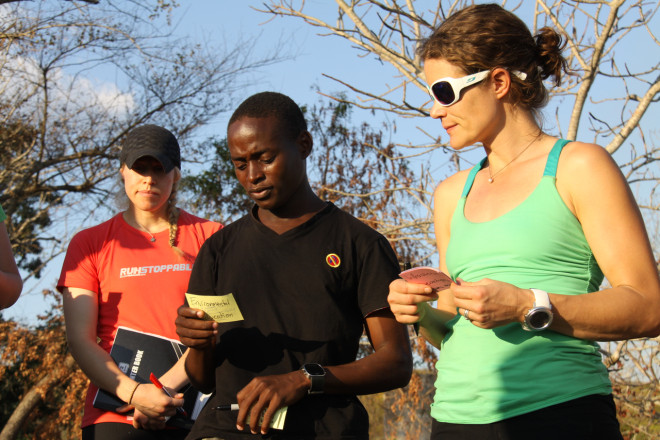
It is striking to see the focus and dedication that this family of conservationists brings to solving the issues of rapidly declining biodiversity, pollution and loss of habitat. It’s especially striking when compared to our current society of growing consumption and self-fulfillment. In our own focused areas of expertise, we need to remember that our most important role as stewards of the environment is to encourage our networks of friends and communities to wake up, learn more, do more and give more.
We’ve learned in this symposium the importance of demonstrating to local communities that multiple personal benefits can come from changes in farming methods and hunting practices. These same lessons and others can and must be applied globally through awareness education, encouraging our peers to do more, and support of eco-friendly politicians and governments.
As we all witness the rapidly growing effects of climate change, concern won’t be enough. Thankfully, attention from individuals and businesses is finally shifting toward this monumental issue, and the time is right to recruit everyone to do their part. Our Next Gens are aligned and aware like no previous generation, and a global youth movement to preserve and conserve is building.
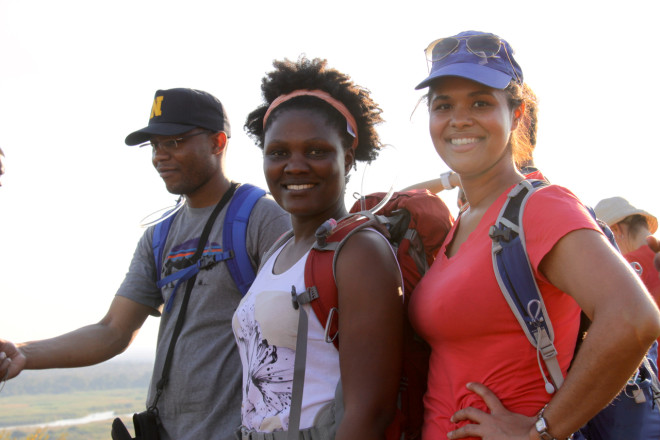 Old ways of thinking will not be enough. Creative efforts such as The Lost Mountain Project are introducing adventurers to the mix of scientists and conservationists. The attraction of climbing Mount Namuli brought world-class biologists and photo journalists to research and document pristine biodiversity that had thus far been overlooked and neglected. At the end of it all, it makes me excited to see everything come together. Here, the symposium participants are taking away a new approach; a fresh model of recruitment to the ranks of future conservationists.
Old ways of thinking will not be enough. Creative efforts such as The Lost Mountain Project are introducing adventurers to the mix of scientists and conservationists. The attraction of climbing Mount Namuli brought world-class biologists and photo journalists to research and document pristine biodiversity that had thus far been overlooked and neglected. At the end of it all, it makes me excited to see everything come together. Here, the symposium participants are taking away a new approach; a fresh model of recruitment to the ranks of future conservationists.
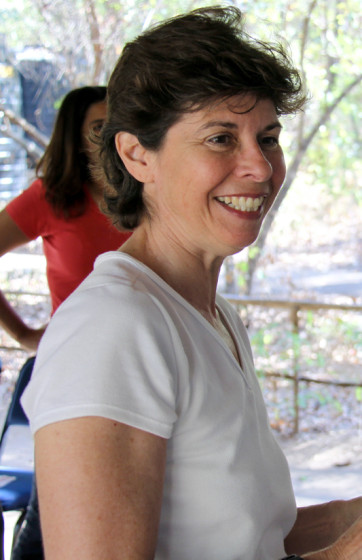 Jacqueline Day Bemis is from Minnesota, USA. She holds a Bachelor Degree and a Master Degrees ’75 & ‘77, Indiana University School of Music. Growing up immersed in a rural life of animals and nature has guided her through a varied and wonderful life. As a parent, artist, traveler, outdoor enthusiast and real estate business owner, Jacquie looks forward to using those experiences plus conservation training to help others become good stewards of our parks and vanishing wilderness.
Jacqueline Day Bemis is from Minnesota, USA. She holds a Bachelor Degree and a Master Degrees ’75 & ‘77, Indiana University School of Music. Growing up immersed in a rural life of animals and nature has guided her through a varied and wonderful life. As a parent, artist, traveler, outdoor enthusiast and real estate business owner, Jacquie looks forward to using those experiences plus conservation training to help others become good stewards of our parks and vanishing wilderness.

